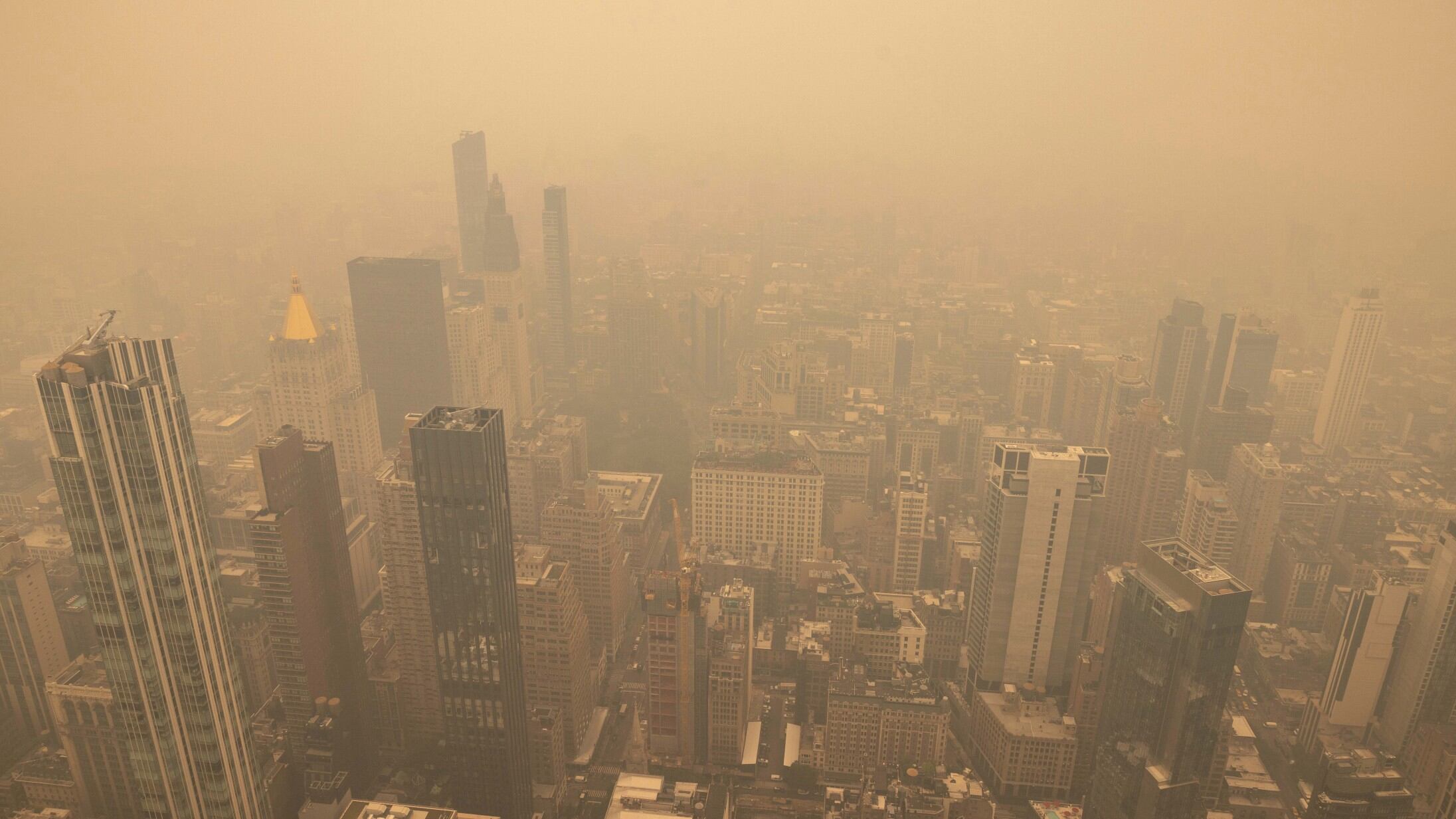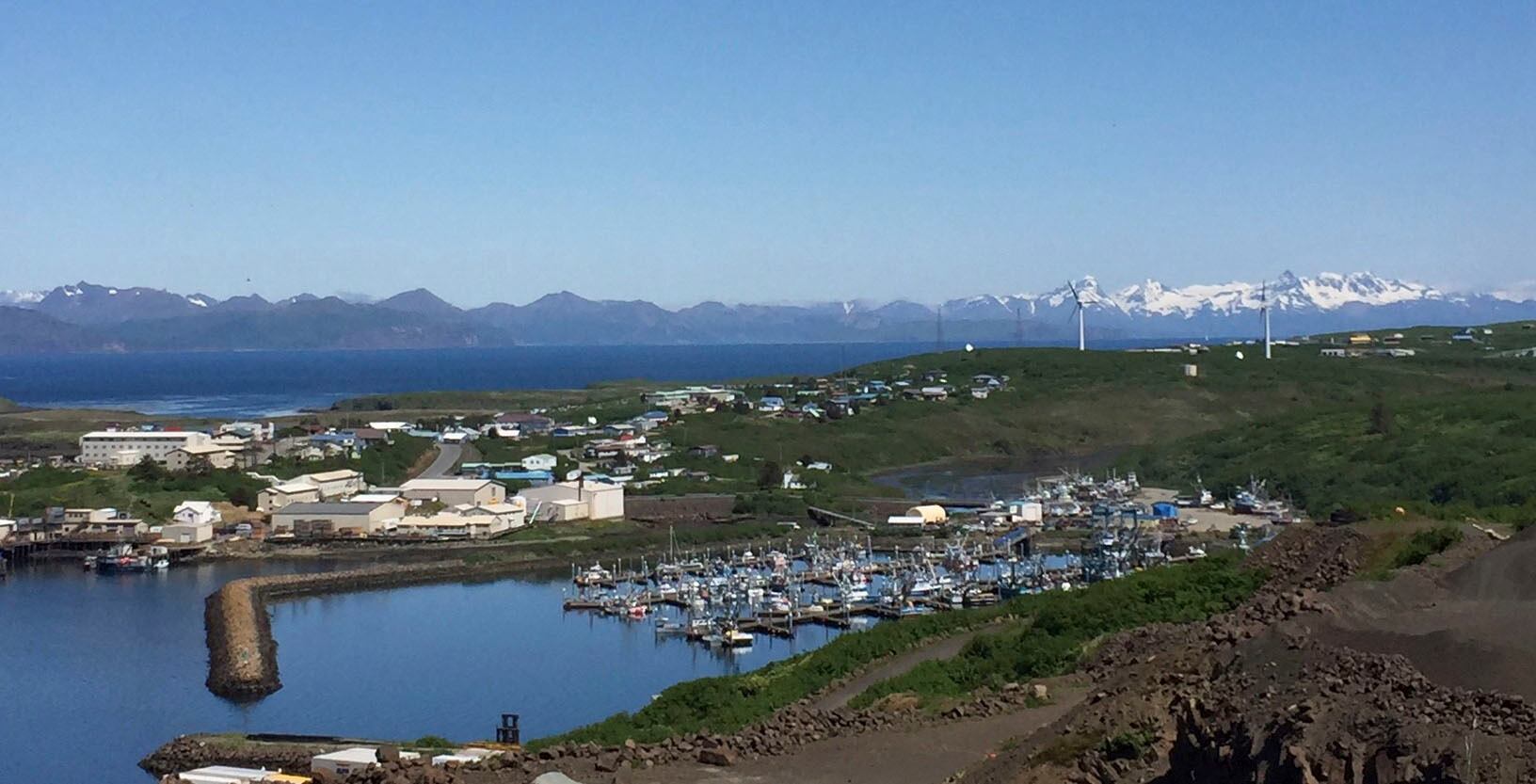By Alex Vuocolo
Headlines out of China were a drag on world markets Tuesday morning.
The country recorded 850,000 fewer people at the end of 2022 than the previous year. While China's rate of population growth has been slowing for years, most experts were not expecting a decline for at least another decade. This is the first drop since the 1950s, when the Communist Party's attempts to rapidly industrialize and collectivize farming led to a massive famine.
It's unclear how much the COVID-19 pandemic contributed to the decline, given the lack of transparency around the country's reporting practices. What is clear is that one million fewer babies were born in 2022 than the year before, while deaths jumped from 10.14 to 10.41 million.
China's leaders have long considered overpopulation a problem, but in 2016 the government ended its controversial one-child policy in an effort to bolster birth rates.
Meanwhile, the country also reported its second-lowest growth rate in at least four decades.
The second-largest economy in the world grew by 3 percent in 2022, which is less than half the 2021 rate of 8.1 percent — though slightly higher than the 2.4 percent rate in 2020, when countrywide coronavirus shutdowns essentially ground the country to a halt.
In the fourth quarter of last year, the country reported zero growth.
Notably the country in recent months has eased up on its Zero-COVID policies, which reinstated lockdowns whenever there was an outbreak, sending shockwaves through the global economy.
In the West, China is synonymous with rapid economic and population growth. But these reports point toward a new era for the developing country.











